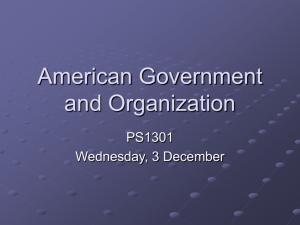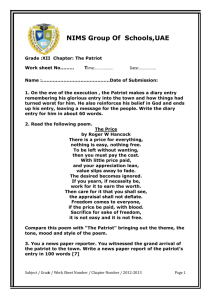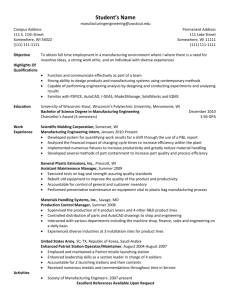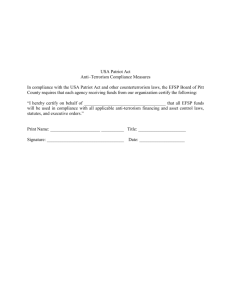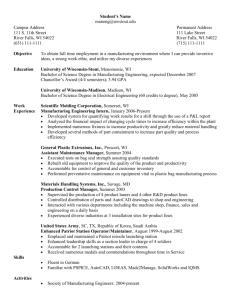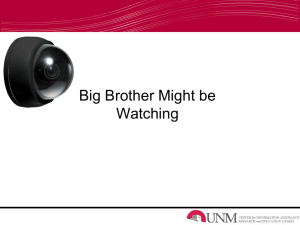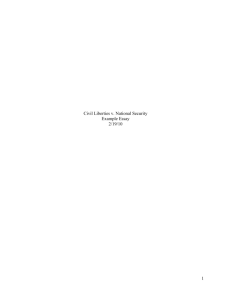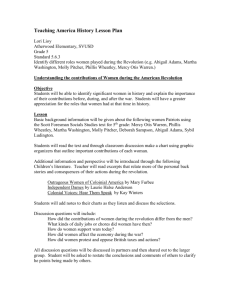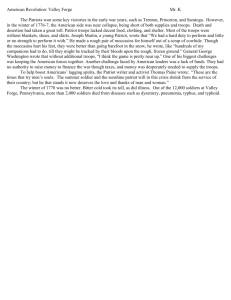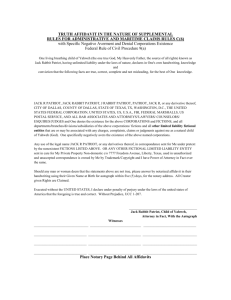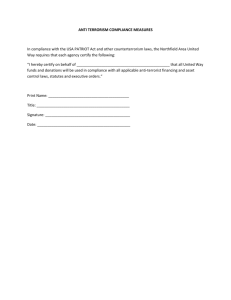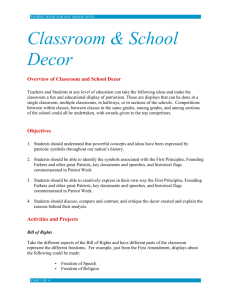ARGUMENTS IN FAVOR OF THE PATRIOT ACT:
advertisement
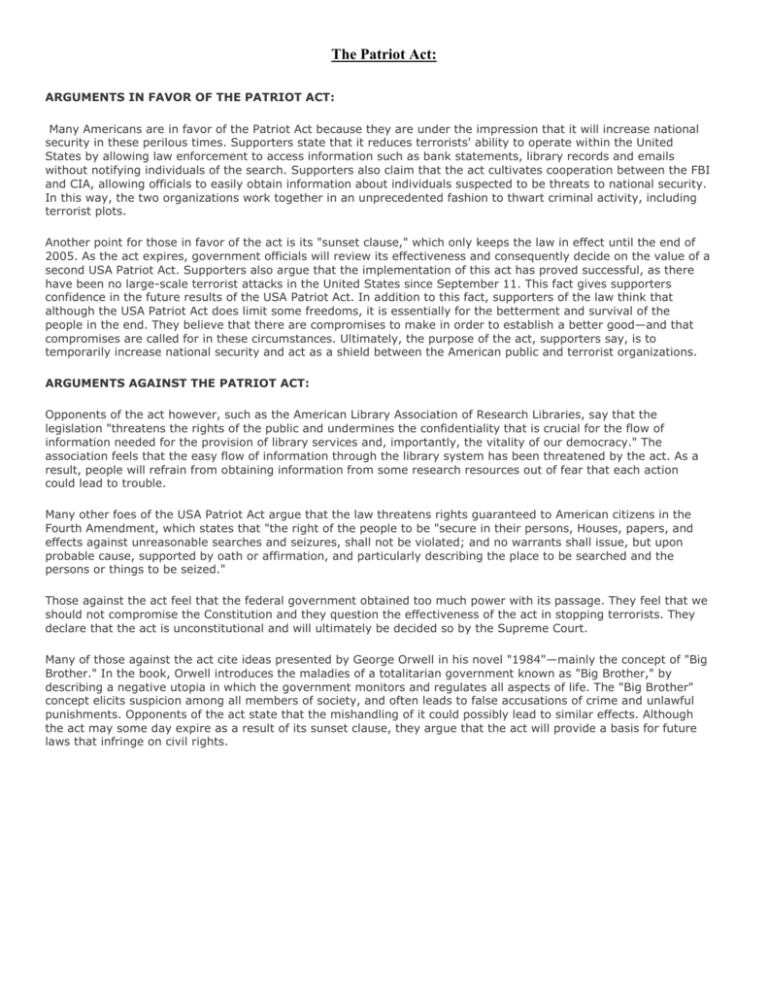
The Patriot Act: ARGUMENTS IN FAVOR OF THE PATRIOT ACT: Many Americans are in favor of the Patriot Act because they are under the impression that it will increase national security in these perilous times. Supporters state that it reduces terrorists' ability to operate within the United States by allowing law enforcement to access information such as bank statements, library records and emails without notifying individuals of the search. Supporters also claim that the act cultivates cooperation between the FBI and CIA, allowing officials to easily obtain information about individuals suspected to be threats to national security. In this way, the two organizations work together in an unprecedented fashion to thwart criminal activity, including terrorist plots. Another point for those in favor of the act is its "sunset clause," which only keeps the law in effect until the end of 2005. As the act expires, government officials will review its effectiveness and consequently decide on the value of a second USA Patriot Act. Supporters also argue that the implementation of this act has proved successful, as there have been no large-scale terrorist attacks in the United States since September 11. This fact gives supporters confidence in the future results of the USA Patriot Act. In addition to this fact, supporters of the law think that although the USA Patriot Act does limit some freedoms, it is essentially for the betterment and survival of the people in the end. They believe that there are compromises to make in order to establish a better good—and that compromises are called for in these circumstances. Ultimately, the purpose of the act, supporters say, is to temporarily increase national security and act as a shield between the American public and terrorist organizations. ARGUMENTS AGAINST THE PATRIOT ACT: Opponents of the act however, such as the American Library Association of Research Libraries, say that the legislation "threatens the rights of the public and undermines the confidentiality that is crucial for the flow of information needed for the provision of library services and, importantly, the vitality of our democracy." The association feels that the easy flow of information through the library system has been threatened by the act. As a result, people will refrain from obtaining information from some research resources out of fear that each action could lead to trouble. Many other foes of the USA Patriot Act argue that the law threatens rights guaranteed to American citizens in the Fourth Amendment, which states that "the right of the people to be "secure in their persons, Houses, papers, and effects against unreasonable searches and seizures, shall not be violated; and no warrants shall issue, but upon probable cause, supported by oath or affirmation, and particularly describing the place to be searched and the persons or things to be seized." Those against the act feel that the federal government obtained too much power with its passage. They feel that we should not compromise the Constitution and they question the effectiveness of the act in stopping terrorists. They declare that the act is unconstitutional and will ultimately be decided so by the Supreme Court. Many of those against the act cite ideas presented by George Orwell in his novel "1984"—mainly the concept of "Big Brother." In the book, Orwell introduces the maladies of a totalitarian government known as "Big Brother," by describing a negative utopia in which the government monitors and regulates all aspects of life. The "Big Brother" concept elicits suspicion among all members of society, and often leads to false accusations of crime and unlawful punishments. Opponents of the act state that the mishandling of it could possibly lead to similar effects. Although the act may some day expire as a result of its sunset clause, they argue that the act will provide a basis for future laws that infringe on civil rights.
